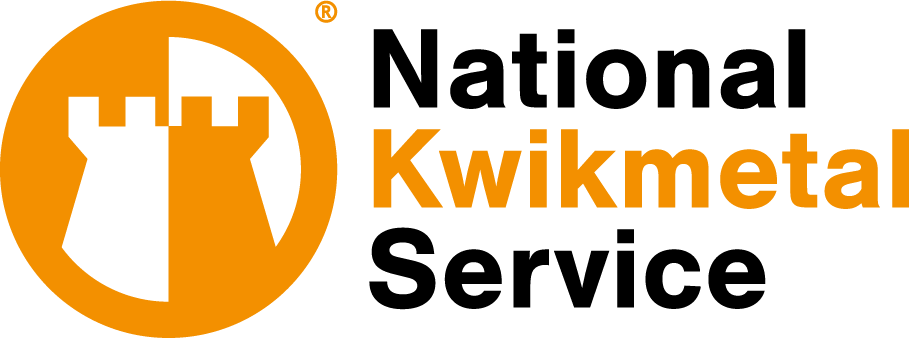
In any building or construction project, the absolute last thing you would want is for the metal structure to fail. For this reason, using high-quality steel is key to a successful project. Superior quality can make all the difference when it comes to the stainless steel industry — however, quality is much more than what meets the naked eye.
Because steel is such an important construction material that’s used around the globe, having it tested for safety and strength is a high priority. After all, poor quality steel can lead to surface folding, inadequate welding, and an impure/improper composition.
Quality Control (QC) holds a great deal of importance in the industry, and any reputable stainless steel manufacturer should have strict processes in place to ensure proper quality. Below, this stainless steel slitting company in Pittsburgh, Pennsylvania is going to explain everything you’ll need to know about quality testing in the stainless steel industry.
Comprehensive testing or quality control checks are done to determine the condition of the steel sample by examining its microstructure under a microscope. Knowledgeable quality control professionals may perform both destructive (DT) and non-destructive (NDT) tests as needed. These reveal the physical, chemical, and mechanical properties of the sample. Furthermore, this evaluation can predict how the metal might perform under a diverse set of conditions.
In short, quality control ensures that the sample provided by a stainless steel slitting company in Pittsburg, Pennsylvania falls within the specifications the end-user is looking for. Quality control testing can also be used to determine the corrective actions you can take during manufacturing to better meet consumer demands. At the end of the day, quality control tests ultimately help you avoid unwanted issues.
Inspections are integral to making sure the stainless steel performs like it should. If any issues arise during the inspection phase, manufacturers will have the opportunity to rectify them in time to reduce future unforeseen, time-consuming setbacks. Ultimately, quality control ensures the precision and accuracy of the sample, so your processes can move ahead hassle-free.
With the increasing emphasis on energy efficiency and improved performances, the stainless steel industry is taking steps toward becoming a more sustainable one. Associated materials will also exhibit enhanced characteristics explicitly designed for their particular applications. So, to ensure a seamless and high-quality manufacturing process, quality control is a necessary step in the process. In fact, stainless steel testing is necessary for automotive, aerospace, consumer goods, construction, power production, transportation, and many other industries.
Stainless steel comes in various forms, which is why it’s important for stainless steel slitting companies in Pittsburg, Pennsylvania to offer quality control tests for stainless steel coil, sheet, and strips. High-quality metals, combined with best-in-class testing standards, will ultimately lead to great advancements in the manufacturing world.
The types of tests we perform at our state-of-the-art laboratory include:
Are you ready to order stainless steel that has been carefully tested inspected for quality? If so, and if you’re looking for the top-rated stainless steel slitting company in Pittsburgh, Pennsylvania, look no further than the experts at National Kwikmetal Service. We have the best-in-class metallurgical testing equipment at our facilities, which allow us to provide a full range of tests to our clients to guarantee they receive the most accurate data possible.
Contact us today at 1-800-722-5029 to learn more about our process.
Phone: 847-257-6570
Phone: +52.811.6363844
Phone: 615-793-4700